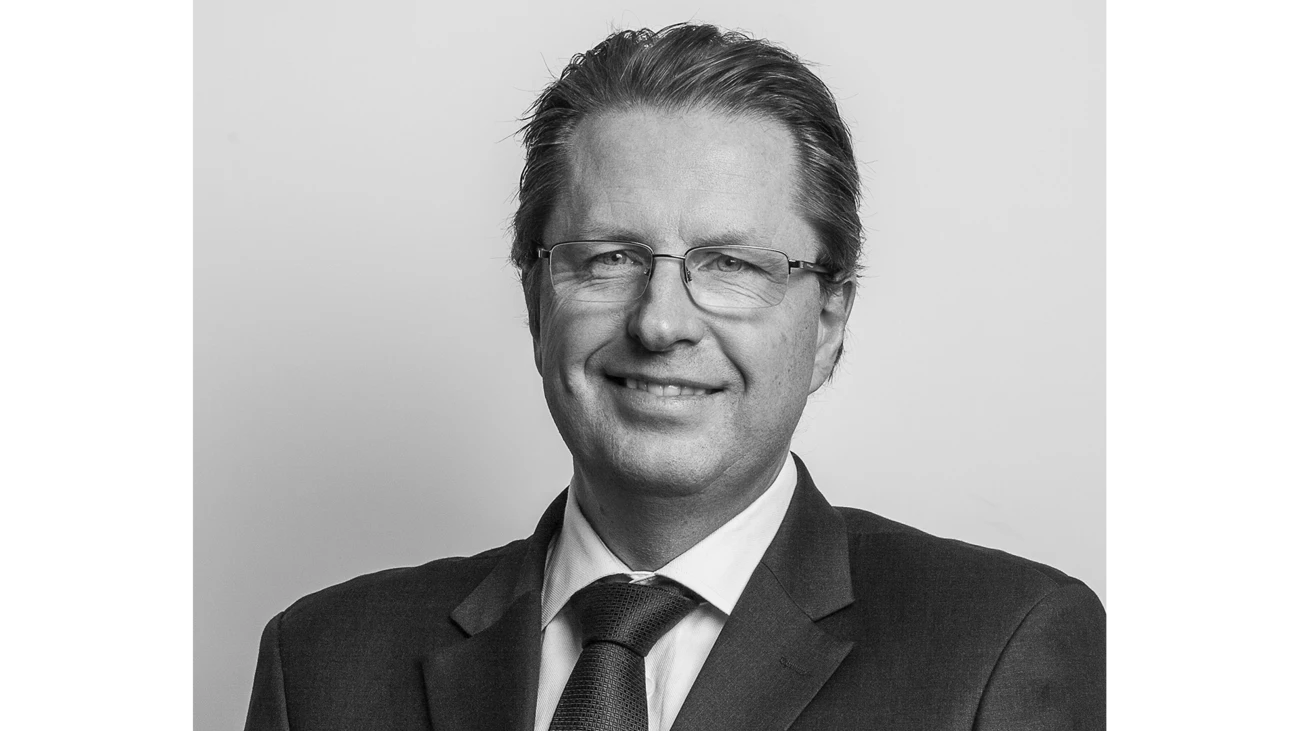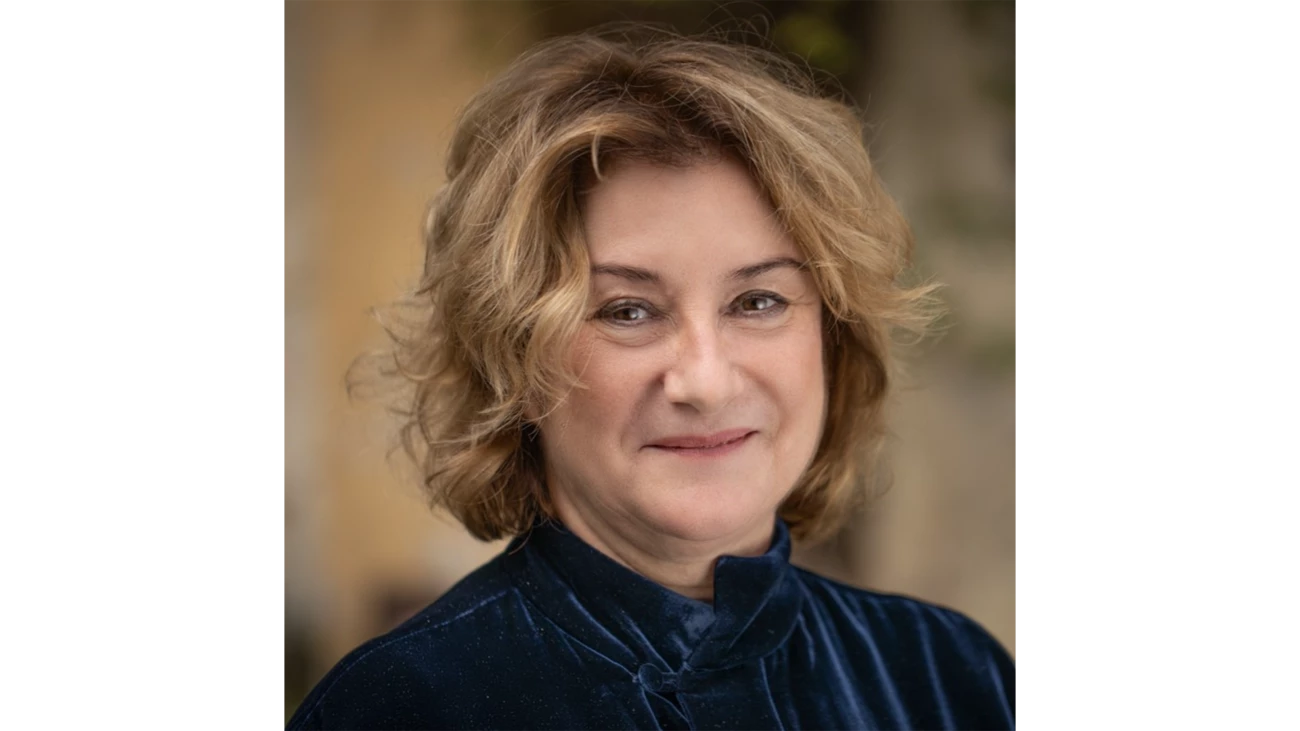Want to know more?
Learn more about our emerging markets offering.
Get in touch
Email: EMsolutions [at] nordea.com (EMsolutions[at]nordea[dot]com)
Phone: +45 3333 1914
Find out moreWith production and sales around the world, specialty chemicals company Perstorp has first-hand experience with the challenges that come with doing business in emerging markets. Lars Grimsgård, Vice President of Corporate Finance and Investor Relations at Perstorp, reflects on these hurdles and the importance of having a trusted banking partner in Nordea to help navigate them.

As one of the world’s leading specialty chemicals innovators, with production and sales around the world, Sweden-based Perstorp is familiar with the challenges that come with doing business in emerging markets.
The company has production sites in eight countries throughout Asia, Europe and North America, including China and now India, where Perstorp has been building a new state-of-the-art plant. Such expansion requires financing, and for that Perstorp has turned to Nordea for expertise navigating the often tricky financial landscape in emerging markets.
“Emerging markets require more homework,” says Lars Grimsgård, Vice President of Corporate Finance and Investor Relations at Perstorp. “As a treasury department of a mid-cap corporate, we rely on having a good banking partner to do much of that homework for us.”
One major challenge is navigating the thicket of local documentation requirements that can result in time-consuming administrative processes.
“Being the smaller treasury that we are in Perstorp, we don’t have the resources to stay on top of the local regulations and FX rules, which tend to change fairly quickly. There, we rely on Nordea to track those developments and guide us,” Lars Grimsgård says.

Emerging markets require more homework. As a treasury department of a mid-cap corporate, we rely on having a good banking partner to do much of that homework for us.
Jana Poulsenova, Managing Director at Nordea Markets who leads a team of experienced emerging markets specialists, helped Perstorp with a recent capital injection into India for its new facility.
“Doing business in emerging markets comes with big risks but also huge rewards,” she says. “However, you need to do the background work to ensure a thorough understanding and processes to comply with reporting requisites,” she says.
India, for example, has a lot of “nitty gritty” administrative requirements, such as certificates that need to be filed within a specific number of days after a transaction, according to Jana Poulsenova. She notes that the paperwork burden is greater in India compared to China. However, China can also come down with new regulations or guidelines that then need to be studied, interpreted and applied, also retroactively.
“We connect with local banks for their interpretation. We figure out what to do, and we do it properly, but it takes time. You need to learn all the steps,” says Jana Poulsenova, who has also held trainings for Nordea’s own traders on how to behave as a foreign bank in emerging markets such as India.

Doing business in emerging markets comes with big risks but also huge rewards. However, you need to do the background work.
Another key challenge when doing business in emerging markets is being able to tap into local account networks. Lars Grimsgård, who was responsible for the treasury department at a larger Nordic corporate, notes that bigger companies may have treasury hubs in Asia and “more muscle” when meeting with local banks. Smaller treasury organisations may lack that local access. That’s where Nordea can help fill the gap.
By having good relationships with settlement banks in emerging markets, Nordea can execute and collect payments in local currencies via safe and efficient account networks. Nordea’s agreements with settlement banks also allow companies to bypass pre-funding requirements, which otherwise would require them to pre-fund accounts in local currencies before conducting transactions in that market.
What’s more, companies don’t need to take on the counterparty risk themselves when it comes to working with local banks. That can be a major benefit in markets such as India and China, where local banks’ non-performing loans and lack of transparency have raised concerns in the past.
“For a smaller treasury, monitoring that counterparty risk can also be a challenge. That’s where we prefer to use a Nordic bank to do that work for us implicitly,” says Perstorp’s Lars Grimsgård.
Jana Poulsenova says her team’s primary aim is to find solutions for complex transactions in regulated currencies resulting in safe settlement and reporting that complies with cross-border rules. She emphasises that Nordic companies can manage complex emerging market transactions from their head office, with Nordea’s help, without being physically present in the local market. That can also help minimise the challenges from language barriers and time zone differences.
In Perstorp’s case, the company was able to arrange an INR intercompany loan from the Nordics as well as a capital injection, including the filing of relevant certificates, to ensure timely delivery of liquidity.
“We’ve had great help from Nordea,” says Lars Grimsgård. “Being a mid-cap treasury department, we’re reliant on having that expertise close by.”
Learn more about our emerging markets offering.
Get in touch
Email: EMsolutions [at] nordea.com (EMsolutions[at]nordea[dot]com)
Phone: +45 3333 1914
Find out moreWith a history going back over 140 years, Perstorp has a wide-ranging impact, producing chemicals used in resins and coatings, engineered fluids, advanced materials and animal nutrition.
“You’ll find us everywhere from your car and mobile phone to towering wind turbines and the local dairy farm,” the company advertises on its website.
Perstorp has managed to carve out a niche for its products. For 50% of its portfolio, it’s number one in the world in sales. It has 1,500 employees, sales representation in 24 countries and SEK 15.3 billion in annual turnover.
Along with two production sites in Sweden, Perstorp also operates facilities in Germany, the Netherlands, the U.S., Italy, China and soon India, with the completion of a new greenfield project in Gujarat. The Indian facility will focus on the production of Penta, a chemical used in coatings and resins, as well as a sustainable version, known as Voxtar™, that offers customers a lower carbon footprint. The plant is expected to begin commercial production in 2023, targeting the Indian and Asian markets.
Previously owned by French private equity firm PAI Partners, Perstorp was acquired by Malaysia-based PCG (PETRONAS Chemicals Group) in 2022.
Sustainability at Perstorp
Sustainability is a core focus for the company and a key driver in the chemicals market, as actors throughout the value chain seek more sustainable solutions.
Perstorp is one of three companies behind Project Air, an industrial collaboration to transform the chemical industry towards climate neutrality. The project will create one of the first large-scale sustainable methanol plants and is expected to reduce CO₂ emissions by 500,000 tonnes per year. The initiative was recently granted EUR 97 million from the EU Innovation Fund.

Sustainability
Amid geopolitical tensions and fractured global cooperation, Nordic companies are not retreating from their climate ambitions. Our Equities ESG Research team’s annual review shows stronger commitments and measurable progress on emissions reductions.
Read more
Sector insights
As Europe shifts towards strategic autonomy in critical resources, Nordic companies are uniquely positioned to lead. Learn how Nordic companies stand to gain in this new era of managed openness and resource security.
Read more
Open banking
The financial industry is right now in the middle of a paradigm shift as real-time payments become the norm rather than the exception. At the heart of this transformation are banking APIs (application programming interfaces) that enable instant, secure and programmable money movement.
Read more